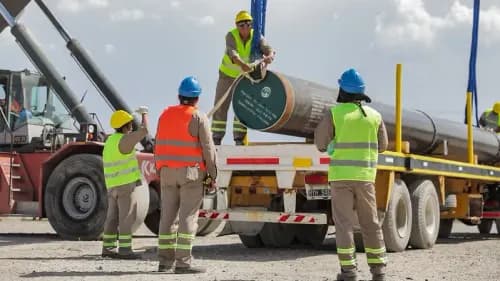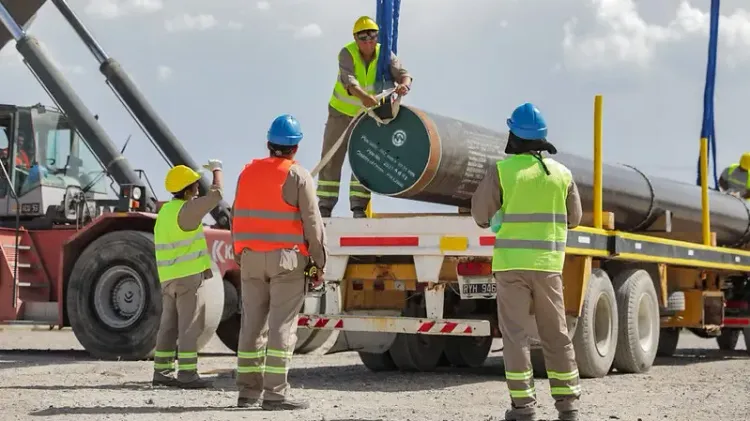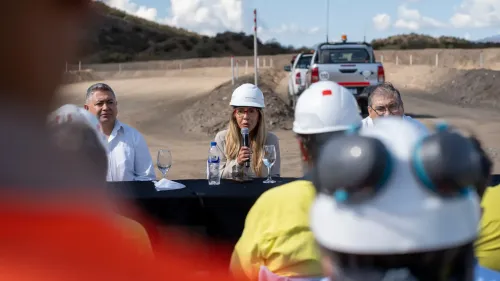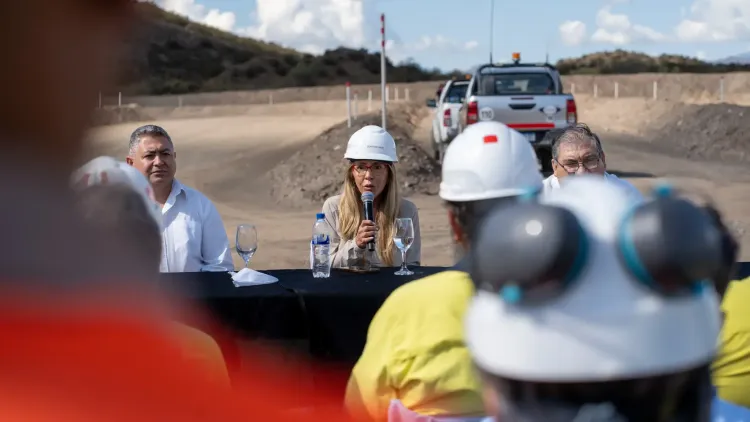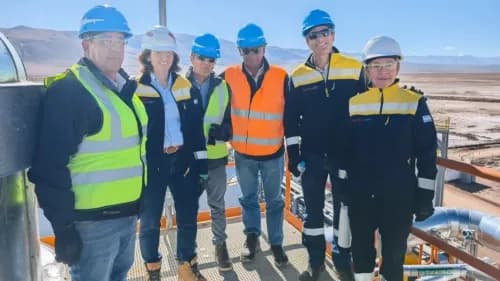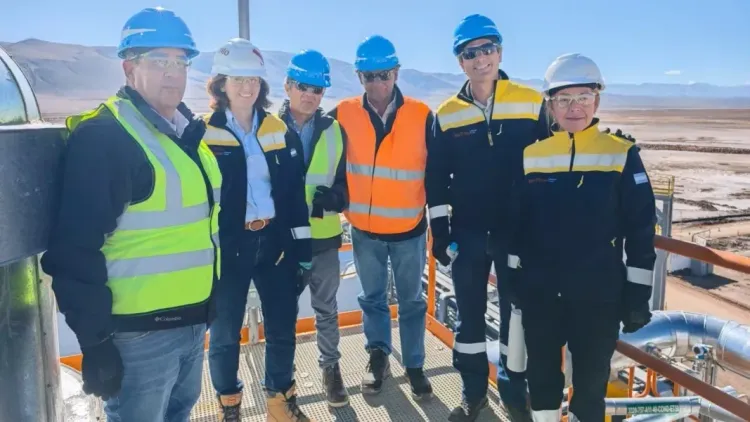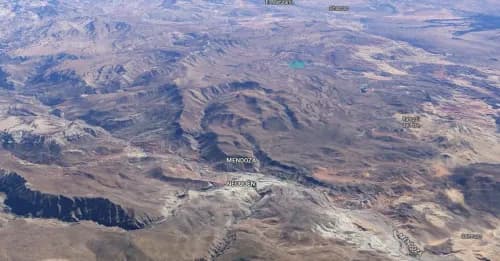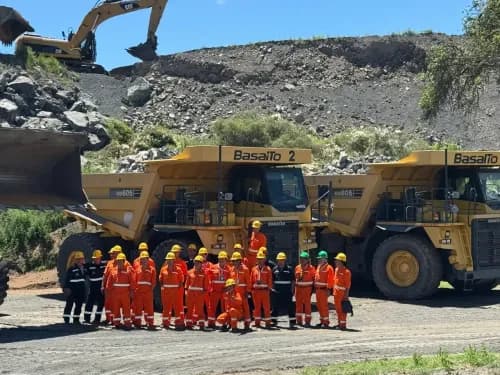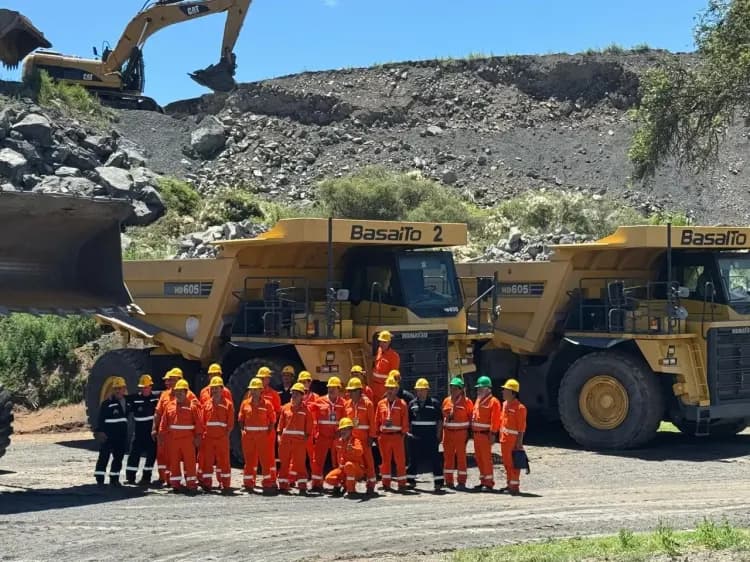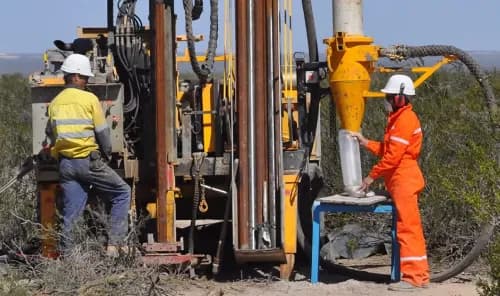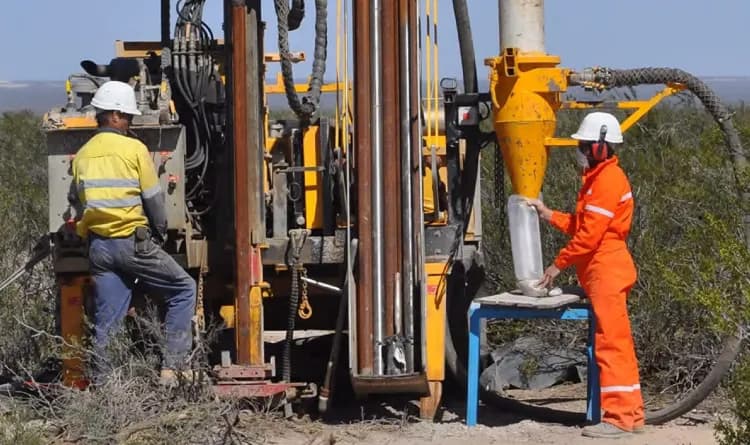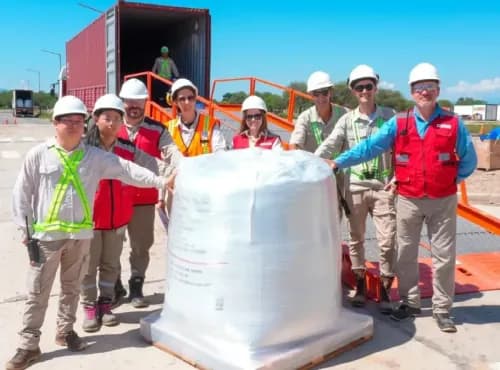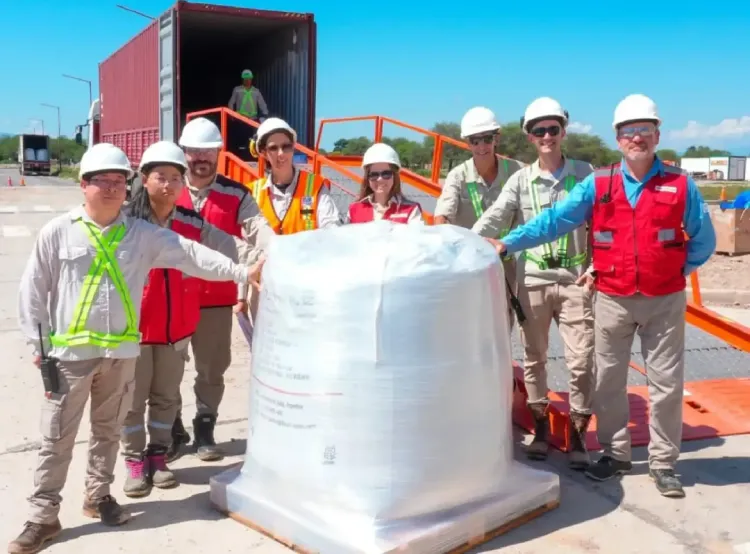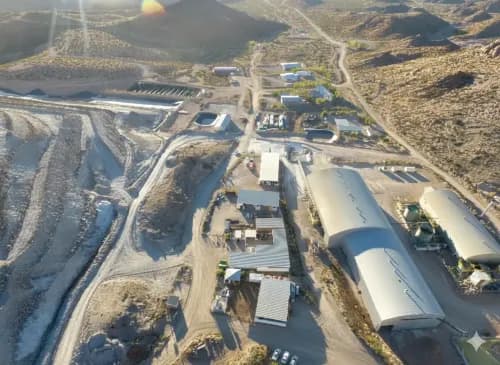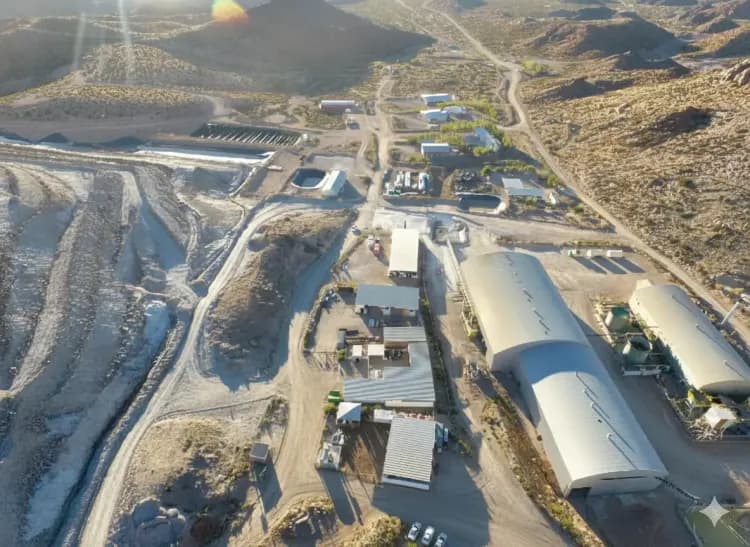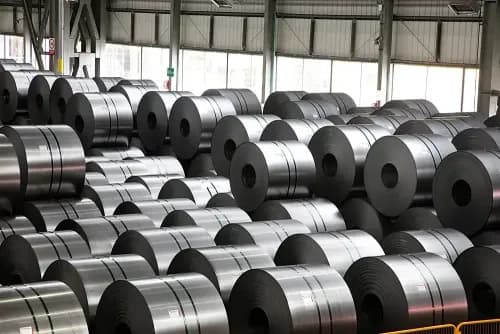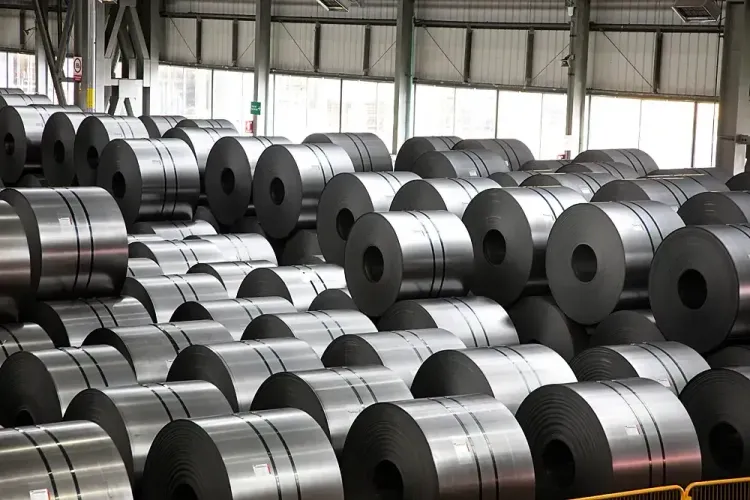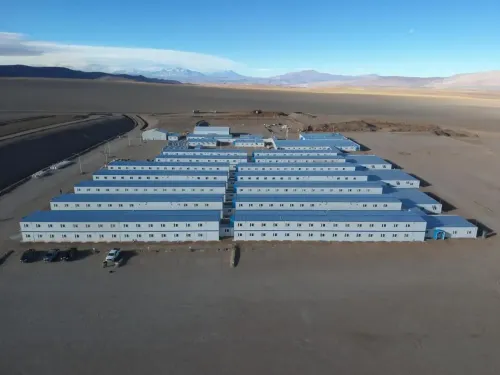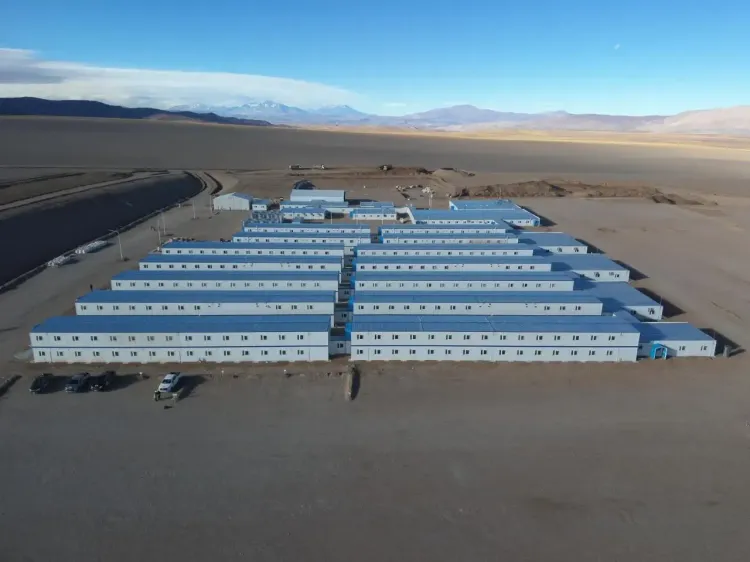Digital platforms that enable real-time fleet management and route optimization are revolutionizing the transport sector at a rapid pace.
Land cargo transport, especially through trucks, is a fundamental pillar of the global economy and also in Latin America and Argentina. This sector, which moves the majority of goods, plays a crucial role in the supply chain, connecting producers with markets and facilitating trade both locally and internationally. In Argentina, road cargo transport (TAC) accounts for 93% of intercity goods transport, significantly surpassing other modes such as rail and waterway.
However, despite its importance, land cargo transport faces challenges in terms of efficiency and competitiveness. In Latin America, according to the Inter-American Development Bank (IDB), the land cargo transport subsector is one of the most lagging in adopting digital technologies. Digitalization, which can be a catalyst for improving productivity and reducing operational costs, has not yet uniformly penetrated the industry. While large companies have started implementing advanced technological solutions, small and medium-sized enterprises (SMEs), which make up 90% of the fleet in the region, are at a disadvantage due to a lack of resources and uneven investment in new technologies.
In Argentina, a study conducted by Avancargo through the "Transport Digitalization Index" (IDT) revealed that the level of digitalization among transport companies is still low. With an average of 2.42 out of a maximum of 5, the index shows that 37% of companies still operate with physical documents, and more than half rely on phone calls or WhatsApp to track the location of their trucks. This low level of digitalization limits companies' ability to enhance their operational efficiency and compete in an increasingly globalized market.
Nevertheless, the future outlook is promising. According to the IDB, in the next three years, technologies such as data analytics and artificial intelligence are expected to be increasingly adopted in the sector, which could mark a qualitative leap in the efficiency and competitiveness of transport companies in the region. A report by PwC also highlights that digital transformation will bring new opportunities, but also challenges for the cargo transport industry. Companies that manage to integrate these new technologies will not only be able to reduce their operational costs but also improve the safety and sustainability of their operations.
In this context of digital transformation, connectivity emerges as a key factor. Digital platforms that allow real-time fleet management and route optimization are revolutionizing the sector. Volvo Trucks, a leading company in this field, has developed Volvo Connect, a digital services platform designed to improve truck safety and performance. “Connectivity is revolutionizing the transport sector by providing real-time data and enhancing efficiency, safety, and customer service,” says Leonardo Mai, After-Sales Director of Volvo Trucks and Buses Argentina.
Volvo Trucks was the first truck manufacturer to introduce a digital fleet management system, Dynafleet, in 1996. Much has changed since then, and today Dynafleet has been replaced by Volvo Connect, which serves both as a fleet management system and a gateway to all Volvo Trucks' digital services.
Volvo Connect not only allows operators to monitor the status of their vehicles in real-time but also facilitates route planning, preventive maintenance, and fuel consumption management. This open platform can integrate with other logistics management systems, automating processes and reducing administrative burden. “Enabling simple data sharing will result in enormous improvements in operational efficiency. However, it only has value when the information is used correctly,” says Mai. This ability to customize and adapt to the specific needs of each company is one of the reasons why Volvo Connect has earned user loyalty.
The platform offers advanced safety features such as alerts for sudden braking and acceleration, temperature and fluid monitoring, and speeding violations, which is particularly crucial for fleets transporting hazardous goods. These features not only enhance operational safety but also contribute to sustainability by reducing accident risks and optimizing resource consumption.
In Latin America, connectivity is playing a crucial role in modernizing cargo transport. Countries like Brazil, Mexico, and Argentina are investing in digital infrastructure to improve logistics and fleet management. Implementing secure and resilient connectivity solutions enables better traceability of goods, which not only enhances safety but also optimizes delivery times and reduces operational costs.
Additionally, “connectivity is facilitating the adoption of autonomous vehicles and intelligent transport systems. These advances not only improve transport efficiency but also contribute to environmental sustainability by reducing carbon emissions,” concludes Mai.




